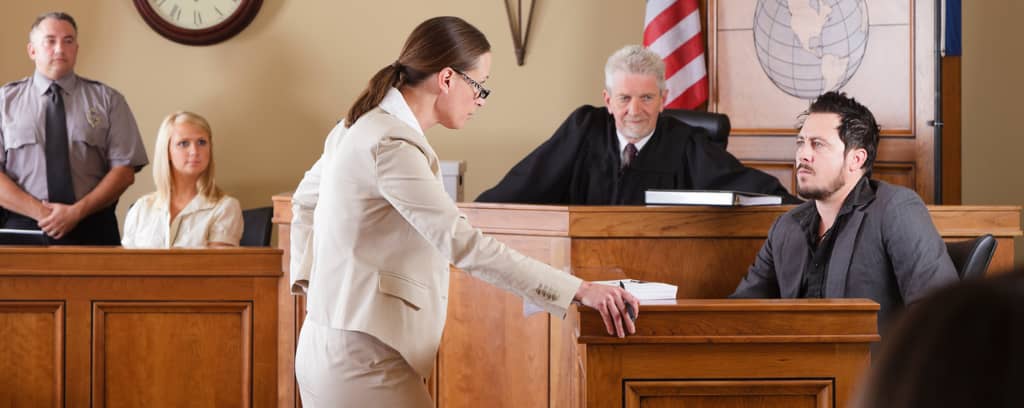The Four Agreements was one of my favorite quick reads while traveling. I have read it several times over the 17 years since my cousins bought it for me in a New Hope, Pennsylvania boutique. I had recently completed The Landmark Forum and was finally feeling free from much of the trauma I had endured since childhood. This book gave me a quick reference to maintain that personal freedom. It is a timeless read I will revisit throughout my life.
As you might already know, I am a fan of simple rules I can call upon whenever I feel stuck, and this book delivered four:
- Be impeccable with your word.
- Don’t take anything personally.
- Don’t make assumptions (see also Choice Six of the Third Ear Conflict Resolution process).
- Always do your best, including with Agreements One through Three.
A product of the American education system, I was unfamiliar with the Toltecs. Yet their wisdom mirrors other teachings that have stood the test of time. It reinforces the Stoics, Buddha, and the core teachings of most religions. Don Miguel Ruiz reminds us that our human brains have not changed much. It is up to us to manage them. When we do, we can create fulfilling lives.
Ready to Start Your Personal Journey to Freedom?
Can The Four Agreements Work in Law?
Throughout these years of exploration and growth, I have admittedly struggled to reconcile The Four Agreements with my work as a lawyer. Honoring my word is one thing, but not taking things personally is another. In court, I’m also required to make some assumptions and attempt to prove them. This does not always mean we get the best result or the truth.
That might be why it’s more important than ever for me to have these four simple rules.
Be impeccable with your word.
The Rules of Professional Conduct for New York Lawyers require us to do what we say we’re going to do and deliver when we say we will. The courts and opposing counsel aren’t very forgiving, which can cause substantial harm to client matters. When we occasionally slip up or can’t deliver as expected, we can usually honor our word with a complete apology.
We must also be aware of the impact of misleading, evasive, or false statements (and omissions) made purportedly in zealous advocacy of our clients. We stopped using zealousness as the standard in 2009–likely because some attorneys took the concept a bit too far.
It actually can be in our clients’ long-term best interests to take responsibility for their actions, not to be lured into believing they can always find ways to avoid liability. We have to remember that we are officers of the courts and trust the process to produce fair results. It might be human ego and error that have caused the most injustices in our justice system.
Don’t take anything personally.
Like many of you, I feel my clients’ disappointments as if they were my own. I am hurt when opposing counsel, judges, and court personnel disrespect me or my clients. I become resigned and cynical when complaints are dismissed by those charge with maintaining the Standards of Civility and Judicial Conduct. But I’ve trained myself to look from a distance. From there, I can see that hurt people really do hurt people.
Lawyers are in unique positions to influence parties in conflict. Is it not our desire, if not our responsibility, to leave them better than we found them? To do this, we must set our own insecurities aside.
Don’t make assumptions.
In our Trial Technique courses, we were taught to never ask a witness questions we don’t know their answers to. This keeps us from assuming facts there is no evidence to support. It also insulates our witnesses from being considered unreliable, especially when compared to physical or documentary proof.
Yet we still find ourselves assuming our clients are telling the truth, that their motives are pure, and that we’ve practiced long enough to know how things will turn out. We can’t be surprised–until we are.
Always do your best, under the circumstances.
Our egos tell us it’s unnecessary, but we must prepare as if each was our first case in our first day of practice. Experienced attorneys aren’t immune from mistakes and might even err more than hyper-diligent newbies. Choose your words carefully. Stay fully present to the arguments, testimony, or consultation. (Stop checking your phone during them!) Look past the personal attacks. Trust (but check) yourself. Forgive yourself.
Reach out for coaching, mentoring, or other guidance when you need it.

